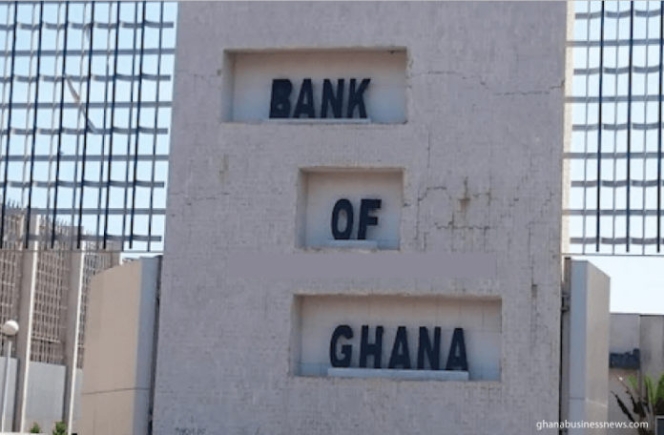The Bank of Ghana (BoG) has announced stricter sanctions against individuals and businesses that issue dud cheques in a bid to curb the growing incidence of the offence and restore confidence in the country’s payment system.
In a new directive issued on October 14, 2025, and signed by the Bank’s Secretary, Aimee Vyda Quashie, the central bank reminded the public that under Section 313(A) of the Criminal Offences Act, 1960 (Act 29), issuing a dud cheque remains a criminal offence punishable by a fine or imprisonment of up to five years.
The Bank said despite previous measures introduced in 2021, the issuance of dud cheques by some customers of banks and Specialised Deposit-Taking Institutions (SDIs) has continued at an alarming rate, undermining confidence in cheque-based transactions.
To address the situation, the BoG has revised the sanction regime for offenders. First-time offenders will face a penalty of 10 per cent of the cheque’s face value, receive a formal warning, and have their details reported to credit reference bureaus and the central bank.
A second offence within a year will attract a 15 per cent levy, while a third offence will result in a 20 per cent fine and a three-year nationwide ban on issuing cheques. Offenders will also be barred from accessing new credit facilities from the banking system for one year.
“The Bank of Ghana shall ban such a customer from issuing cheques within the country for a minimum period of three years,” the notice stated, adding that banks must recall all unused cheque books and report defaulters who fail to return them within ten days.
Additionally, repeat offenders will be added to a new Directory of High-Risk Cheque Issuers, which will serve as a reference for all banks and SDIs. The directive further instructs financial institutions to submit monthly reports on dud cheques to the central bank and the credit reference bureaus by the 10th of each month.
Banks and SDIs that fail to comply with the directive will be sanctioned under the Banks and Specialised Deposit-Taking Institutions Act, 2016 (Act 930).
The central bank emphasised that this new notice replaces its 2021 directive on the same subject and takes immediate effect.
